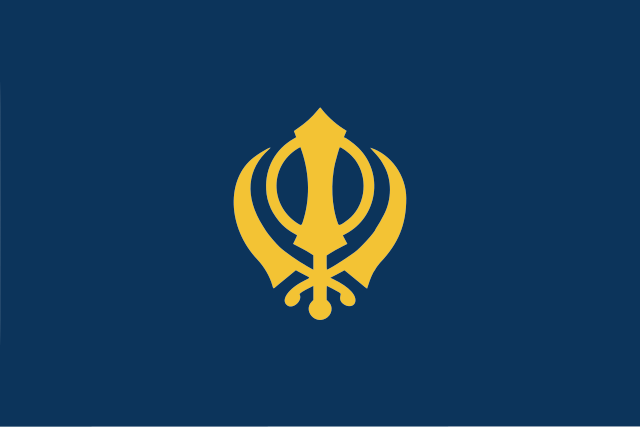Separatism
advocacy of a state of cultural, ethnic, tribal, religious, racial, governmental or gender separation from the larger group From Wikipedia, the free encyclopedia
Remove ads
In a society, certain people may have ideas that are noticeably different from those of the majority. These people are called separatists (for example, the state or a religious group) recognises that their ideas are different. Very often, they also want autonomy, self-determination, and perhaps secession and independence from the main group.[1] People may support separatism because they are of a different culture, ethnicity, religion, race or gender than the majority. It may also be because they have different ideas about governing, laws or religion.
Remove ads
Types of separatism
Ethnicity
Ethnic separatism is based more on differences in culture and language than religious or racial differences. These may also may exist, however.
- Czechoslovakia split into the Czech Republic and Slovakia.
- South Ossetia and Abkhazia separated from Georgia.
- Armenian separatists of Nagorno-Karabakh in Azerbaijan.
Religion
Religious separatist groups and sects want to withdraw from some larger religious groups.
- In the 16th and 17th century, certain people in Great Britain wanted to become independent of the Church of England.[2]
The separation of beliefs and/or practices is often followed by a migration. The dissident group may fear sanctions for heresy if they stay in their original homeland.
Physical separation of different religions

- The Partition of British India into the modern-day countries of India, Pakistan, Bangladesh and Myanmar (which was called Burma at the time). In India, most people are Hindu, in Pakistan, Islam is the state religion. In Bangladesh most people are Muslim. In Myanmar most are Buddhist.
- The Partition of the British Mandate of Palestine into Jewish and Arab nations. This has led to separatism between the Jewish nation (Israel) and the Arab nations (Jordan and the Palestinian territories).
Race
Racial separatists are against their members marrying with other races. They want separate schools, businesses, churches and other institutions or even separate societies, territories and governments.
- Black separatism is the idea to create separate institutions for black people in the United States.
- There were two wars in South Africa, where the Boer wanted to form an independent state: The First Boer War and the Second Boer War.
Gender
Gender-based separatism includes:
- Separatist feminism is a form of feminism.
Remove ads
Related pages
- Segregation, forced separation
- List of unrecognized countries
- Separatist movements of India
- Separatist movements of Pakistan
- Minority rights
- Nationalism
References
Wikiwand - on
Seamless Wikipedia browsing. On steroids.
Remove ads